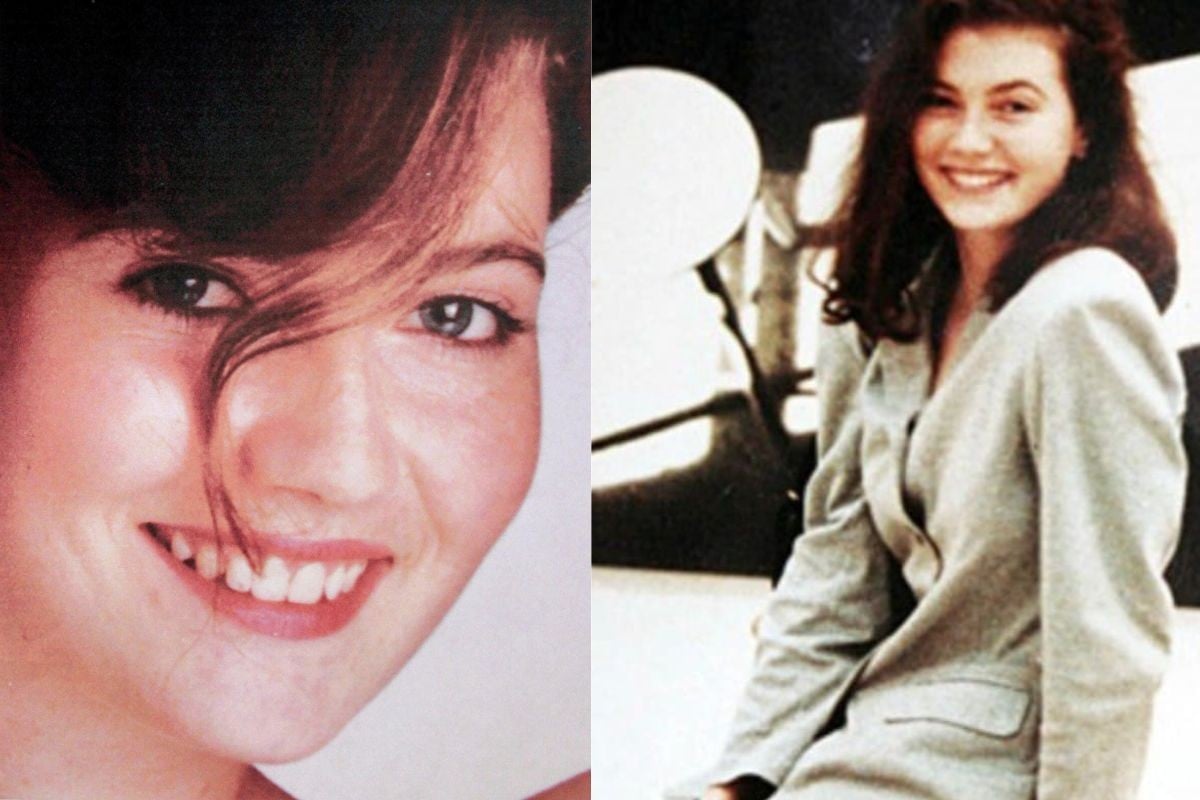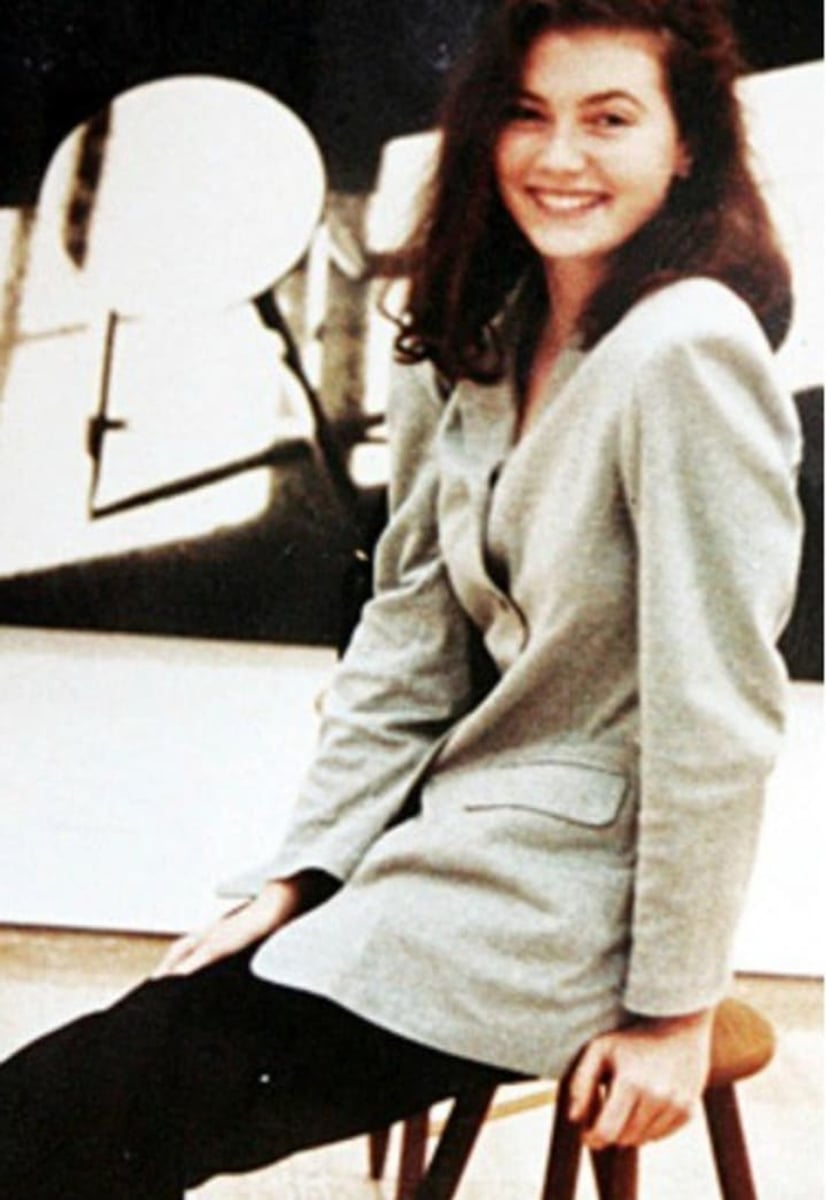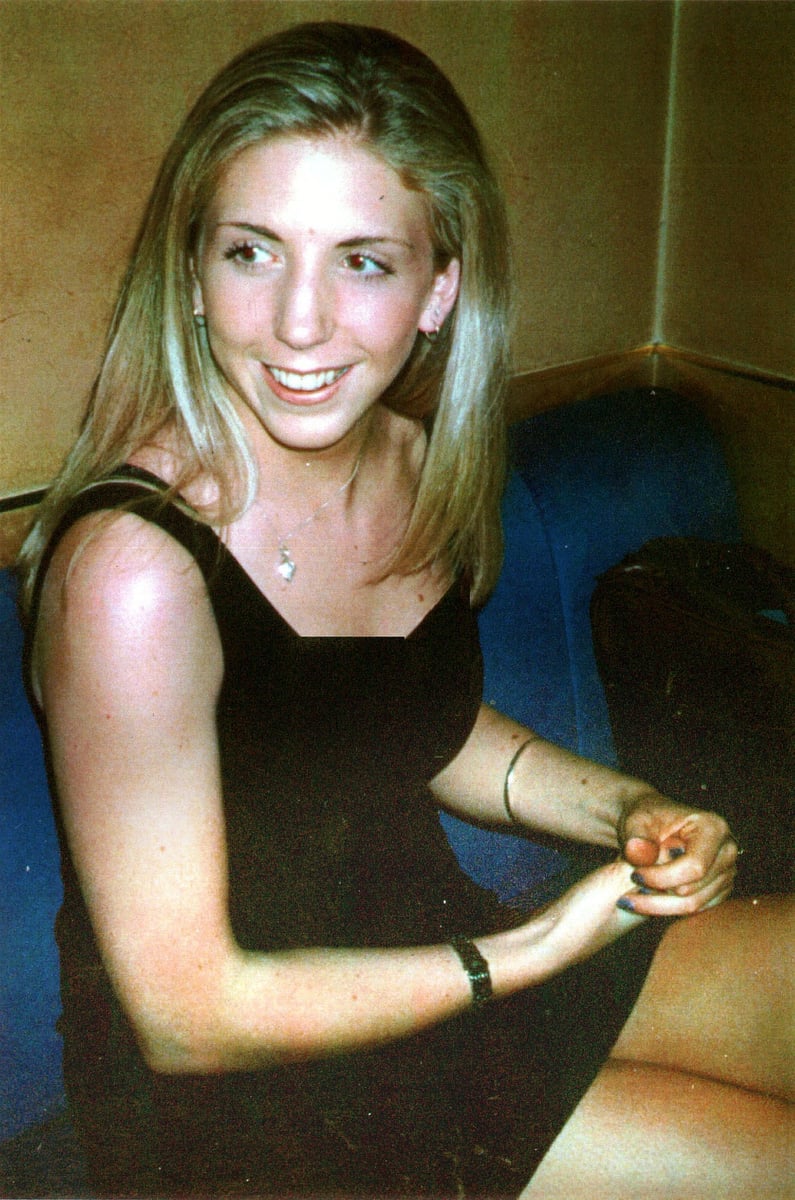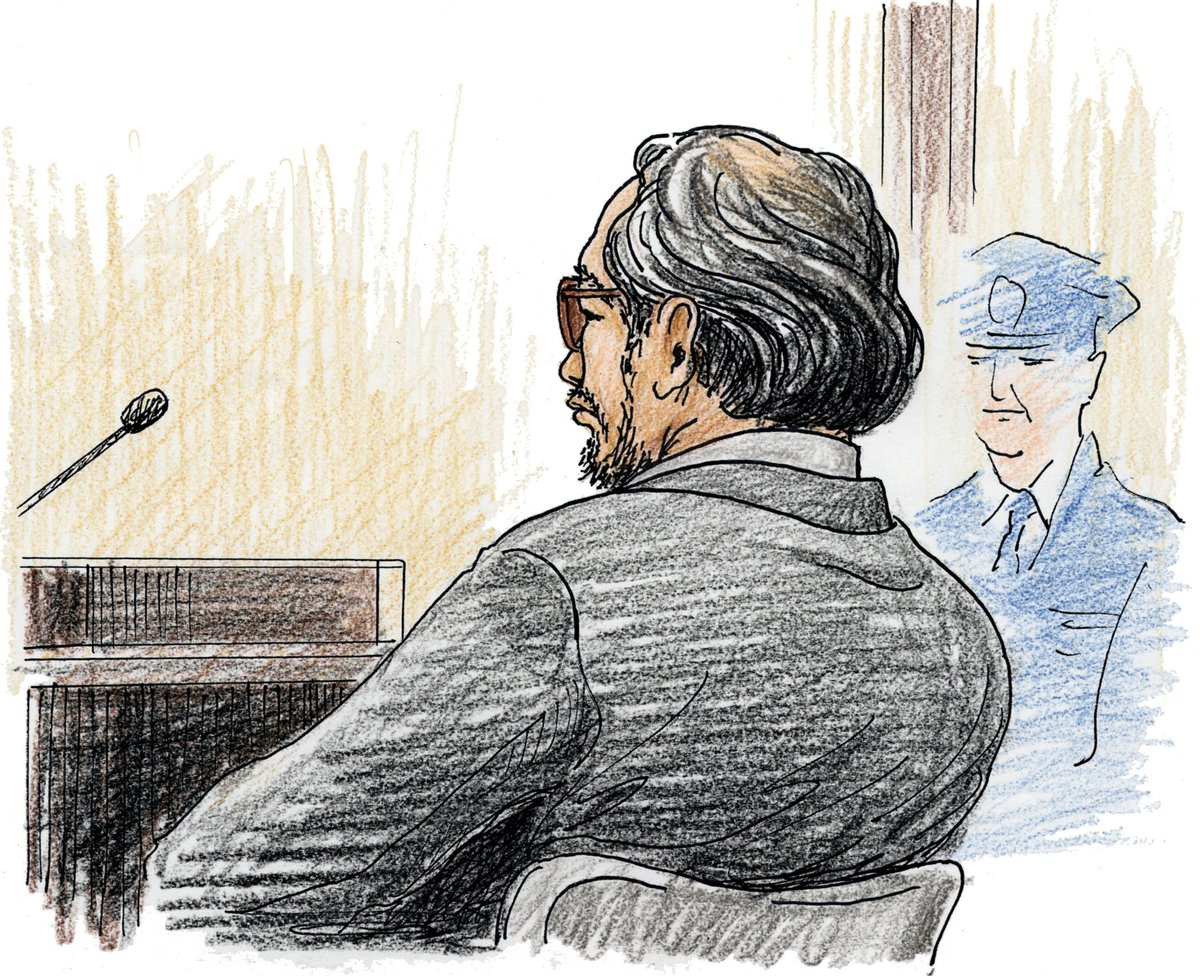
Carita Ridgway loved to travel.
Perth-born, the 21-year-old found herself a quick way to fund her adventures after high-school: working in the lucrative hostessing industry in Tokyo.
It was sold to young western women as a 'safe' way to make a lot of cash, fast. And while it was considered on the fringes of the sex industry, sex wasn't actually required in this particular role — you just had to flirt, smile and pander to men in a club setting.
Listen: True Crime Conversations tells Carita's story. Post continues below.
Carita was beautiful, and had no trouble landing work. Her sister described her as a cross between Winona Ryder and Kate Moss, and someone that "men just melted" around.
Pretty quickly, Carita found herself inundated with offers for 'dohans' or 'dates-for-cash', a popular way for hostesses to make even more money. They'd attend romantic dinners and date customers outside the club, giving them more of a 'girlfriend' experience.
But even though it was an accepted 'extra', it was unsupervised and unchecked by the clubs.
On Valentine's Day 1992, on Carita's third and final trip to Japan, she unknowingly went on a dohan with a sadistic serial rapist.
She never made it home.
A mystery dohan date.
By Sunday, Carita hadn't returned from her Friday night date, and her sister was getting worried.
They were both staying at the same accommodation in Tokyo, but Samantha had been out with her boyfriend all weekend.
































































































